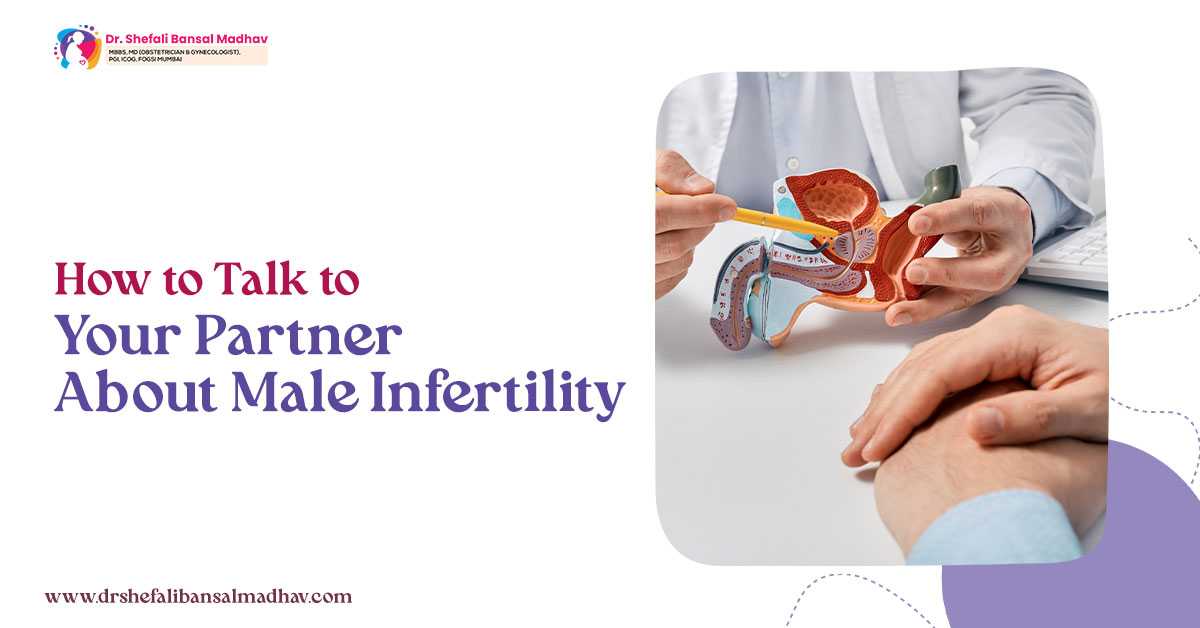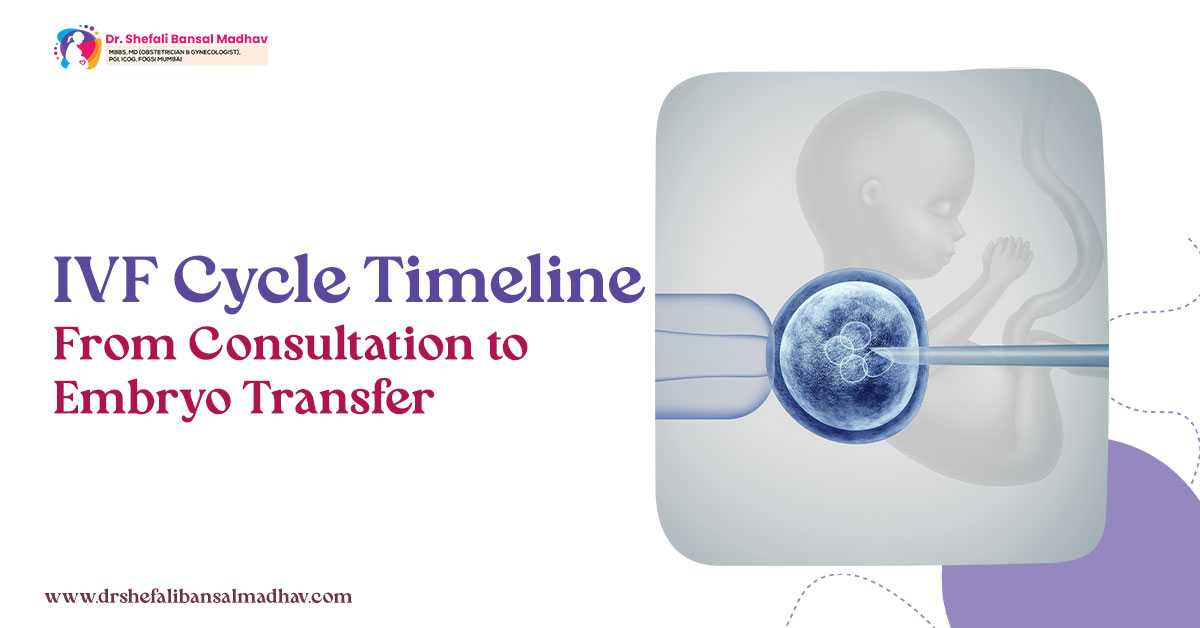Hormonal imbalances tend to be one of the major causes of infertility in both males and females. Hormones are chemical messengers that are used to regulate various functions in our body, including our reproductive health. If hormones are not produced in the proper amount or at the right time, then fertility tends to be mostly affected.
Therefore, we need to understand, that how can recognize and treat hormonal imbalances, and it tends to be more important for those, who are facing infertility. Choose the topmost Infertility specialist in Siliguri, to understand the root cause of this problem, and how it can be treated at the right time.
Understanding Hormonal Imbalances
Understanding hormonal imbalances is very important, for individuals, who tend to face infertility, as these hormonal balances can lead to the disruption of normal reproductive function, making conception more difficult. The hormonal imbalances associated with fertility, basically involve issues with the hormones that control ovulation, sperm production, and other important aspects of reproduction. Let us discuss some of the common hormones involved in infertility:
• Estrogen: Estrogen is one of the most important hormones for female reproductive health, it is mainly responsible for the regulation of the menstrual cycle and tends to prepare the uterus for pregnancy. In case the level of estrogen is low then problems like lack of ovulation can occur, whereas, if the level of estrogen is high, then problems like endometriosis can arise.
• Progesterone: Progesterone is very important for maintaining pregnancy. After the ovulation process is completed, progesterone tends to prepare the lining of the uterus for implantation purposes. If the progesterone level is too low, it can lead to problems like difficulty conceiving or maintaining a pregnancy.
• Testosterone: In the case of a male, the testosterone tends to be critical for sperm production. A low level of testosterone can lead to problems like reduction in the sperm count, and poor sperm motility.
• Thyroid Hormones: The thyroid hormones are responsible for regulating metabolism, and tend to have a direct impact on fertility. Thyroid hormones consist of two types hypothyroidism (underactive thyroid) and hyperthyroidism (overactive thyroid) both of them can interfere with the menstrual cycle and ovulation.
• Prolactin: In case the prolactin level is high, it may lead to disruption of the normal menstrual cycle and it may also interfere with the ovulation. The prolactin hormones are responsible for milk production after the birth of the child. However, the level of prolactin hormone must be low in non-pregnant women.
• Insulin: Insulin resistance, is often seen in conditions like polycystic ovary syndrome (PCOS), and it tends to affect the reproductive hormones, leading to problems like irregular periods, and infertility.
Recognizing hormonal imbalances
Hormonal imbalances tend to be evident in many ways. Recognizing the signs and symptoms of hormonal imbalances is very important and needed for timely diagnosis and treatment of infertility. Some of the common symptoms of hormonal imbalances are:
• Irregular periods or absence of periods: irregular periods are one of the most common signs or symptoms of hormonal imbalances, especially in women. Irregular periods can be caused due to numerous reasons like insufficient progesterone, thyroid issues, or polycystic ovary syndrome (PCOS).
• Excessive Hair Growth or Hair Loss: In case of high levels of testosterone or other androgens, you may experience symptoms like hirsutism (excessive hair growth on the face, chest, and abdomen) and thinning hair on the scalp.
• Acne or skin changes: Hormonal fluctuations, especially in the androgen levels, can cause problems like acne along the jawline and chin.
• Weight Gain or difficulty losing weight: Insulin resistance associated with PCOS, can cause problems like weight gain and difficulty while losing weight.
• Painful or irregular ovulation: Females tend to face problems during ovulation or irregular cycles due to imbalances in estrogen, progesterone, and FSH levels.
Causes of hormonal imbalances leading to infertility
There are numerous causes of hormonal imbalances that tend to affect infertility. Understanding these causes is important for early diagnosis and timely treatment:
• Polycystic ovary syndrome (PCOS): The very first, and most common cause of hormonal imbalances in women is PCOS, it is generally characterized by elevated levels of male hormones also known as androgens, and insulin resistance, which is a major cause of irregular periods, and fertility.
• Thyroid Disorders: Both hypothyroidism (underactive thyroid), and hyperthyroidism (overactive thyroid) can interfere with reproductive function. These condition leads to the disruption of menstrual cycles, and prevention of ovulation, and cause difficulty while conceiving.
• Pituitary Gland Disorders: The pituitary gland tends to produce many hormones that are necessary for reproduction, including hormones like LH, FSH, and prolactin. These tumors or disorders of the pituitary gland can disrupt the production of these hormones, leading to problems like infertility.
• Stress: Another important cause of hormonal imbalances is chronic stress, it increases cortisol levels, which can negatively affect the reproductive system, leading to problems like irregular periods, ovulatory dysfunction, and facing difficulty while conceiving.
• Excessive Weight or Low Body Weight: problems like obesity and being underweight can lead to hormonal imbalances. In the case of obesity, it often leads to insulin resistance, and higher levels of estrogen, on the other hand, low body weight can lead to lower estrogen levels and disruption of ovulation.
Treatment options for hormonal imbalances
Some of the treatment options for hormonal imbalances are:
• Lifestyle changes: By following a healthy lifestyle, and managing stress you can surely balance the hormones, Try to go for regular exercise, and practice some relaxing techniques for balancing the hormone levels in your body.
• Medications for ovulation induction: Try to take the medications prescribed by your healthcare specialist.
• Hormone therapy: In case of low estrogen, or low progesterone, hormone replacement therapy can be used for restoring normal hormonal levels, and supporting fertility.
• Thyroid treatment: Thyroid hormone replacement can be used for the regulation of thyroid function, and for restoring normal fertility, in case hypothyroidism or hyperthyroidism is the cause of infertility.
Conclusion
Hormonal imbalances can take place due to various reasons in our body Polycystic ovary syndrome (PCOS) is one the most common causes of hormonal imbalances in women, but with the proper recognition, and best treatment, we can easily overcome these challenges. In case you think hormonal imbalances are affecting your fertility, then immediately consult with the best Infertility specialist in Siliguri, for timely diagnosis, and effective treatment recognizing this problem is very important for leading a healthy life.





